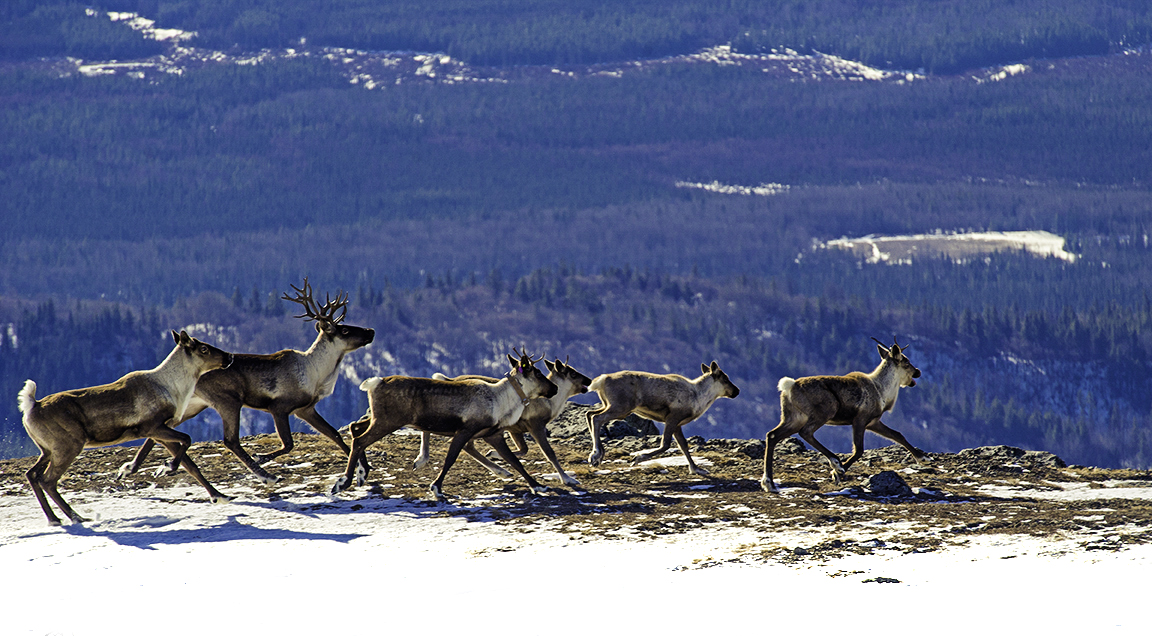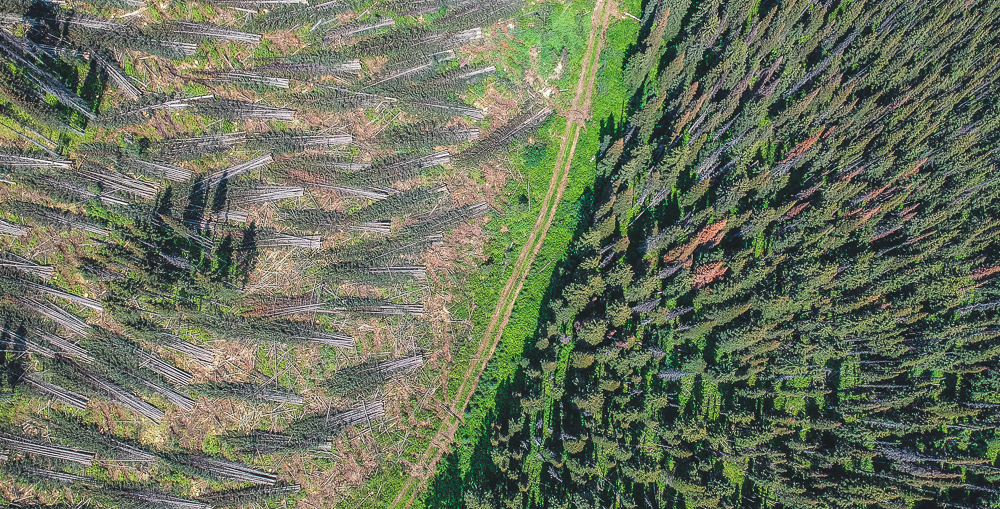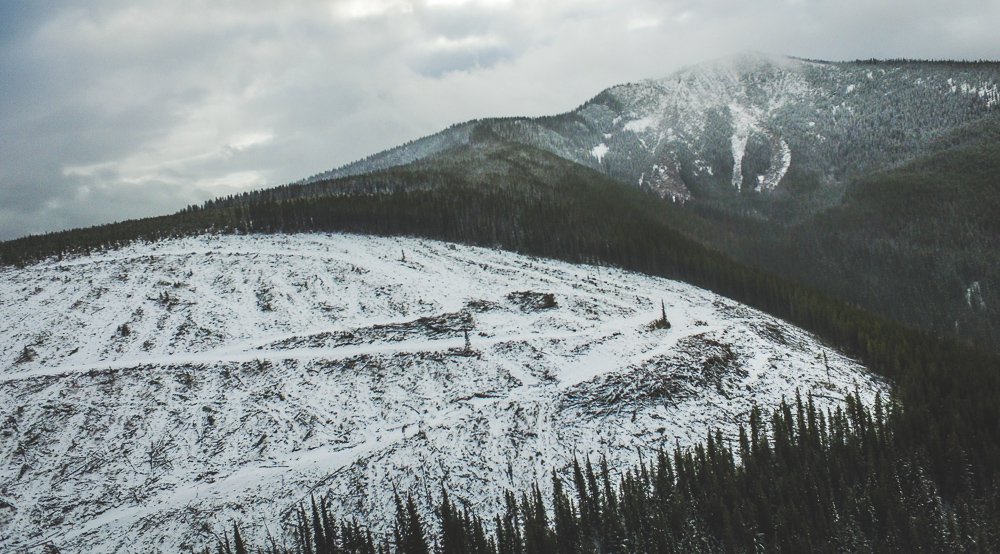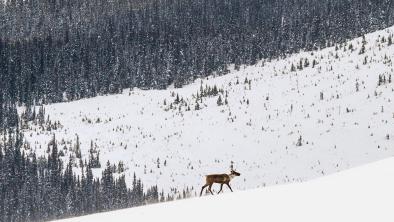Pinning job loss on mountain caribou
Charlotte Dawe

Caribou extinction or forestry jobs, that is not the question — although some forestry companies insist it is.
Northern B.C. communities are feeling a frenzy of fear-mongering that jobs are under threat from First Nation-led plans to halt the extinction of endangered mountain caribou. But is forcing communities into accepting the extinction of an iconic species right and is there more to this story?
It’s not the communities’ fault many forest companies are incredibly unsustainable and short-sighted when they log forests. Declining populations of caribou and other endangered species are a result of how the past provincial government allowed the logging industry to operate. Over-logging has also reduced long term viability of forestry in B.C. Mismanagement by past government and industry has created a lose-lose situation for caribou and communities.

Currently, the logging industry is having a heyday in the forests, leaving natural spaces in tatters. And now that we’re finally seeing efforts to protect some wilderness in order to save caribou, the immediate response from certain companies is a threat of laying people off. Roger Roy of West Fraser Timber Ltd. has been extremely vocal. He claims 500 jobs will be lost if caribou habitat is protected, a number seemingly pulled out of thin air as the B.C. government has never mentioned this number. It seems he is intent on frightening workers into opposing caribou protection.
It’s the logging companies, and past governments fault, we’re in this mess and they’ve made billions destroying forests. In the past forestry companies were told to voluntarily reduce their impact on caribou. No one volunteered. This resulted in plummeting caribou populations. This previous lack of action has forced the NDP government to protect caribou. And now some companies are inciting fear in communities in order to get the caribou protection plans killed.
The reason the province has finally helped with caribou plans is to prevent an emergency order from the federal government. Under the Species At Risk Act, all provinces must protect critical habitat and if not, the federal government will step in and enforce sweeping habitat protections through an emergency order.
Communities don’t have to choose between jobs or caribou, jobs or the environment, jobs or the watershed.
Companies are threatening layoffs due to caribou protection but they've made excuses before. In 2018 hundreds of sawmill workers were laid off in B.C., yet record profits were made by B.C. forestry companies. This year Canfor Corporation shuttered mills citing “high logging costs.” West Fraser and Tolko Industries Ltd. both laid off mill workers last year due to lack of quality logs and high log prices. Shocker — exponentially logging a forest that doesn't regenerate at an exponential rate will reduce log supply.
If these forest companies really care about jobs, as they claim, they wouldn't be so eager to replace these jobs with automation. John Innes, UBC’s dean of forestry, explains how job losses do not signal the industry is failing. “Mills are getting increasingly efficient and they are using automation and a lot of that automation is replacing people," Innes said. Jobs are the first to go if it means increased profits for shareholders. Less labour means lower cost, which means increased profit.
It’s been predicted people who operate skidders, a heavy logging vehicle, will eventually be replaced by fully automated machines. When this happens, I wonder which species logging companies will blame for those layoffs.

Communities don’t have to choose between jobs or caribou, jobs or the environment, jobs or the watershed. Co-management between municipalities and First Nations could be the answer for communities depending on forest-related jobs. Forest plans should support communities in the long term. This would prevent giant corporations from coming through, liquidating forests, driving species to extinction, laying people off and then moving on.
There’s already community-led forest management happening in B.C. — and it’s working. The Harrop-Procter Community Co-operative prioritizes the environment and watershed health without losing jobs. In fact, the operation gives nearly five times more jobs per 1,000 cubic metres than the industry average.
We can employ more people in the forest industry if we focus on jobs from restoration initiatives, stop shipping raw logs, diversify products made from forests, process the logs locally to where they’re harvested, and sell those products right here in B.C.
Communities don’t have to have their backcountry held to ransom by big corporations who only care about profits for shareholders, many of whom are ironically located outside of Canada. And they don’t have to accept the false choice between a healthy environment and a healthy economy. As long as industry runs rampant in the province, we will continue to see mills close and communities suffer, whether or not caribou are involved.
Charlotte Dawe is the conservation and policy campaigner with Wilderness Committee.


